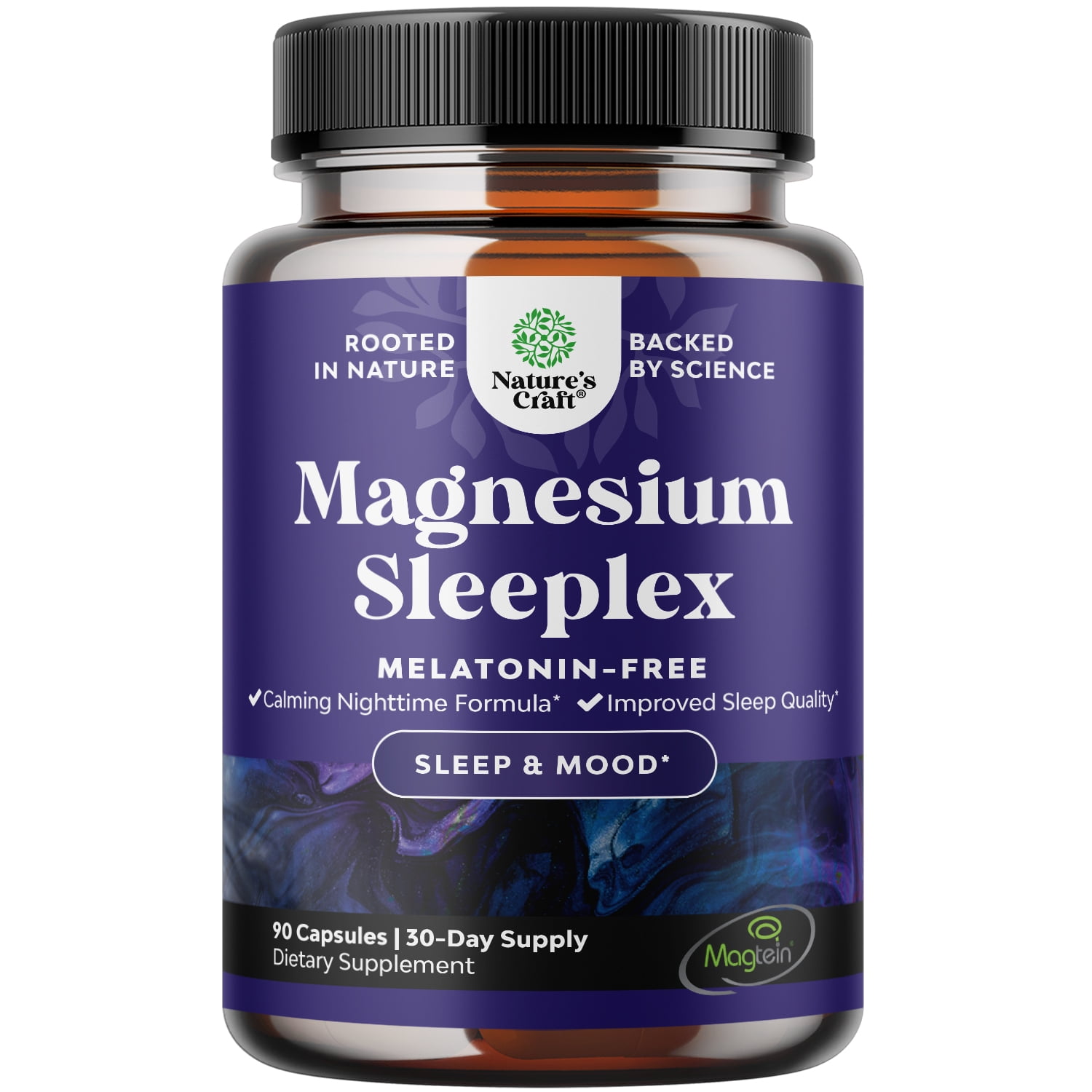Omega-3 Supplements: Scientific Evidence and Applications
Omega-3 fatty acids EPA and DHA are essential nutrients with extensive clinical research supporting their roles in cardiovascular health, brain function, inflammation reduction, and overall wellness optimization.
Types and Sources
Marine-derived EPA (eicosapentaenoic acid) and DHA (docosahexaenoic acid) provide the most direct health benefits, while plant-based ALA (alpha-linolenic acid) requires conversion to EPA/DHA with limited efficiency (1-10% conversion rate).
Cardiovascular Benefits
Meta-analyses demonstrate omega-3 supplementation reduces triglycerides by 15-30%, lowers blood pressure, improves arterial function, reduces arrhythmia risk, and may decrease cardiovascular events in high-risk populations.
Brain Health and Cognitive Function
DHA comprises 40% of brain fatty acids and supports neuronal membrane integrity, neurotransmitter function, and neuroplasticity. Research shows benefits for cognitive development, age-related cognitive decline, and mood regulation.
Anti-Inflammatory Effects
EPA and DHA produce specialized pro-resolving mediators (SPMs) that actively resolve inflammation, reduce pro-inflammatory cytokines, and support tissue repair processes throughout the body.
Quality and Safety Considerations
Choose third-party tested products for purity and potency, consider oxidation levels (peroxide and anisidine values), select appropriate EPA:DHA ratios for specific goals, and be aware of potential interactions with blood-thinning medications.
Food vs. Supplement Sources
Fatty fish consumption 2-3 times weekly provides optimal omega-3 intake for most individuals. Supplementation may be beneficial for those with limited fish intake, specific health conditions, or therapeutic dosing requirements.
This content is educational and does not substitute for professional medical advice. Consult healthcare providers before starting supplements, especially with existing medications.





